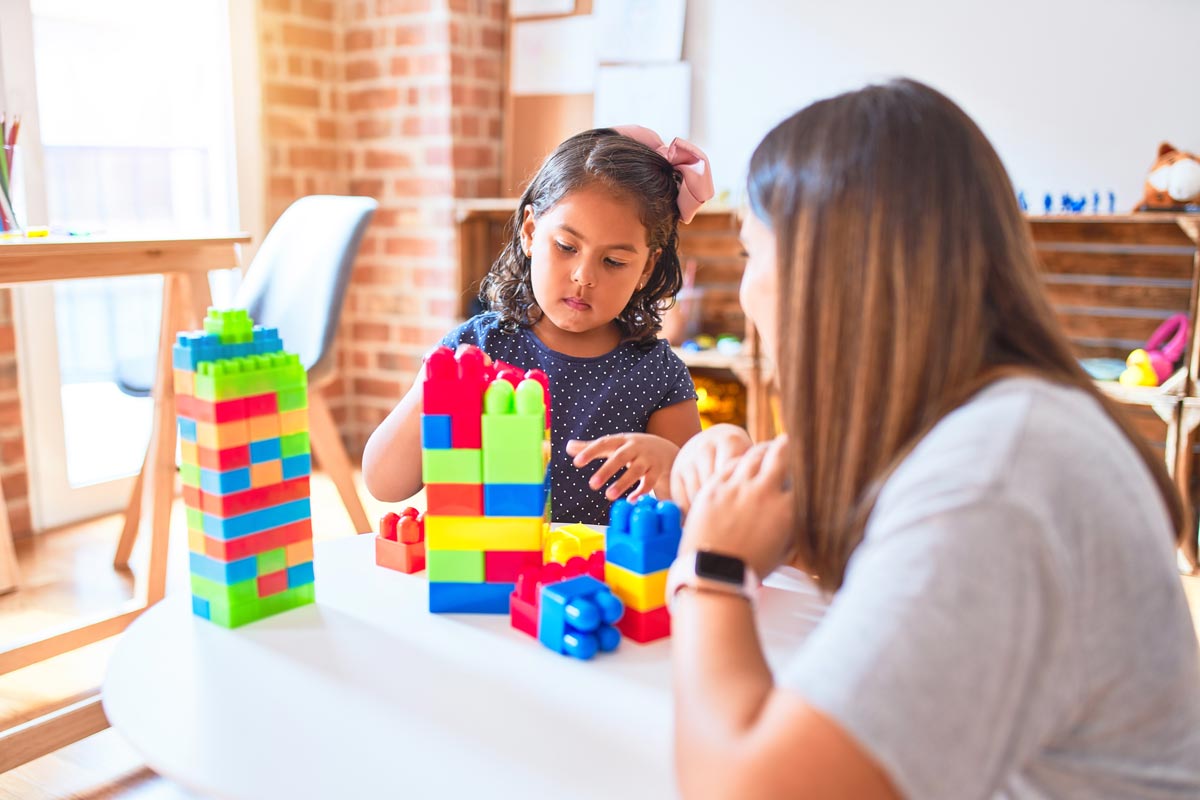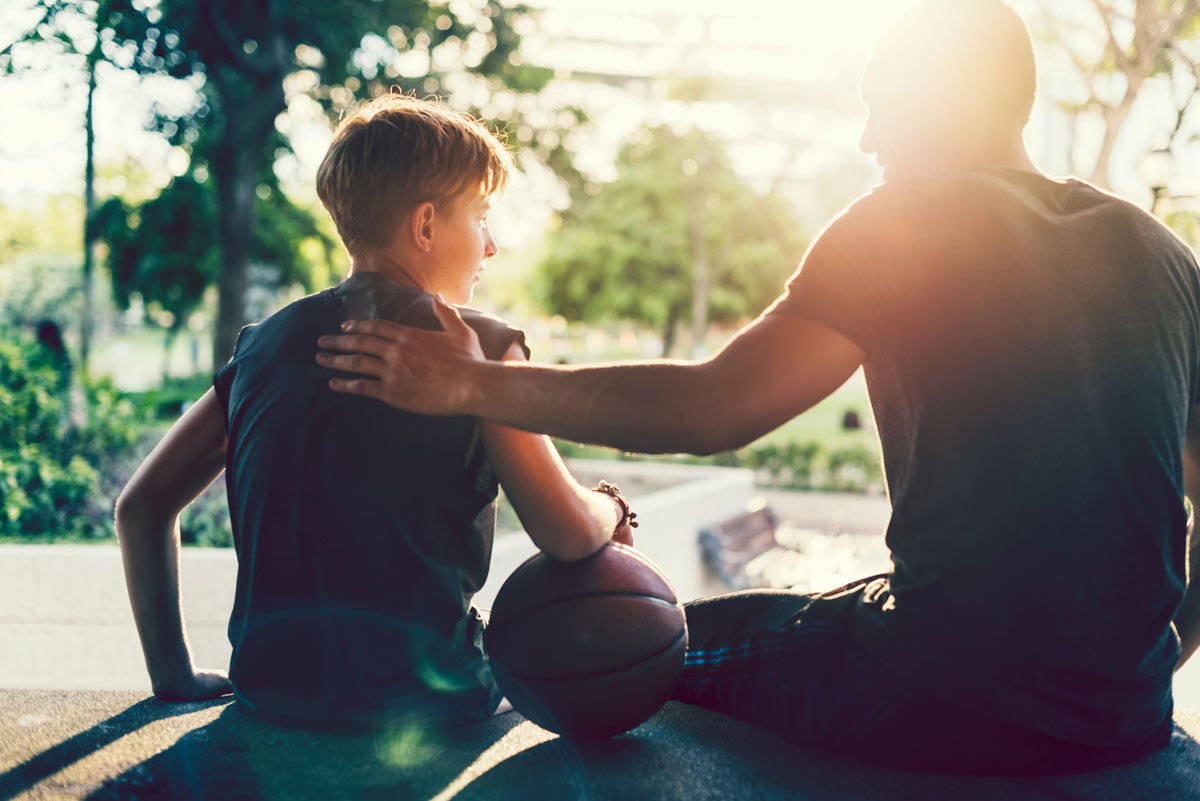
With most of us now at home to combat the spread of COVID-19, how can parents use this time to introduce a positive, new habit into your children’s lives?
When psychologist Dr Nellie Lucas presented ‘Managing Meltdowns: Building emotional regulation skills in children and adolescents’ at Wesley’s Monday Series earlier this year, few parents in attendance would have imagined how relevant that seminar would become. Fast forward a few short weeks and Dr Lucas’ seminar on the developmental stages of the adolescent brain and what parents can do to help their adolescents and young children build emotional regulation strategies as they grow has never been more relevant.
Resilience all comes down to a strong foundation, Dr Lucas noted. With your whole household together in isolation, now may be the perfect time to start introducing a new habit into your daily lives: Special Time and Shared Time.
STAY HERE: How to help your family cope with COVID-19. Join us for the next Monday Series webinar on Monday 18 May 7.30-8.30pm
Special Time for young children
As children adapt to their new way of learning in ‘virtual classrooms,’ Wesley has been encouraging families to maintain routines. Routines such as getting ready for school, class times, break times and dinnertime can provide structure and normalcy for young children in an unusual situation.
For young children, around two- to eight-years-old, Dr Lucas suggests introducing a ‘Special Time’ at the same time each day. Allow children to choose the activity, preferably a screen-free one, such as drawing, playing with blocks or reading. Parents should observe, describe and praise: ‘I like how you put the red and yellow blocks there.’
Young children can find it stressful to try to complete a task while someone is asking them questions, so Dr Lucas advises, ‘No questions – as best you can!’
Children can become absorbed in their screens, and when this happens they can become disconnected. Special Time promotes an uninterrupted connection between you and your child. Children will even be more agreeable afterwards!
Shared Time for all ages
That connection between you and your child becomes more important as they grow older and experience a rollercoaster of emotional changes. Dr Lucas suggests that rather than being seen as a friend, having a parent who they see as in charge, who sets the limits and boundaries, helps them to manage this rollercoaster, as it implies to children that you have everything under control and they can rely on you.
For children of any age, but particularly adolescents, engaging in family ‘Shared Time’ can be extremely beneficial. Decide on a shared activity , again with no screens. It could be constructing, creating, adventuring or exploring, daily walks together, completing a puzzle, playing cards or a board game, or listening to an audio book together.
Schedule Shared Time regularly; by creating a routine and reminding your children in advance when Shared Time will be, you’ll face less resistance to participating. Dr Lucas recommends that Shared Time involve both parents, if possible.
As teens pull away from you and spend more time with their friends, Shared Time activities can anchor your teen to your family and strengthen your connection to one another. A weekly family dinner can be intimidating, and activities that require less eye contact can be easier for teens, especially as they try to open up and share. Many parents of teens will already know the ‘best’ time for serious conversations: driving to sport training or, in our current, more straitened times, a 30-minute walk.
The concept of Shared Time, Dr Lucas notes, is for children to maintain and strengthen their connection to you, and to provide a space and time for them to share with you when they need.

How to respond when they have a meltdown
Being present, and developing a foundation for resilience, are imperative, but what about when something goes wrong and children become highly emotional, react angrily or meltdown?
When this happens, Dr Lucas suggests following these steps, in order.
- Regulate – help to calm the stress responses and offer soothing and reassurance. Encouraging children to change their breathing pattern by blowing bubbles can help, or by focusing on neutral and non-threatening stimuli. Give space to teens, then soothe and reassure. Build a list of strategies that your child has found work for them. It sometimes helps to do this together, in the aftermath of a meltdown.
- Relate – this isn’t ‘time out,’ so stay with them and use soft and calm language. Validate their feelings and empathise, by calmly saying, ‘I can see you’re upset and I understand you’re feeling angry right now.’
- Reason – once they’re calm, they can reflect and learn about their emotional experience. Rather than focusing on what they did wrong, talk about how they felt and how they feel now. Brainstorm ideas and solutions, including silly, outlandish and possible ones. Make a plan against the threat, emphasising your child’s competencies and capabilities and develop their problem-solving skills by trying not to swoop in and help.
Consider your own emotional needs – stability, being nurtured and accepted, and having the freedom to express your own valid needs and emotions. And remember, every child’s emotional needs are the same.
Who knows how long the current COVID-19 containment measures will last? By using this time together to develop a relationship where you accept your child’s need to express their emotions, and they can mimic healthy emotional reactions from you, you can make this a productive opportunity. And just enjoy time together!
Dr Nellie Lucas is a paediatric clinical psychologist at Melbourne Clinical and Child Psychology and was the guest speaker at the College’s Monday Series of parenting seminars in February.
